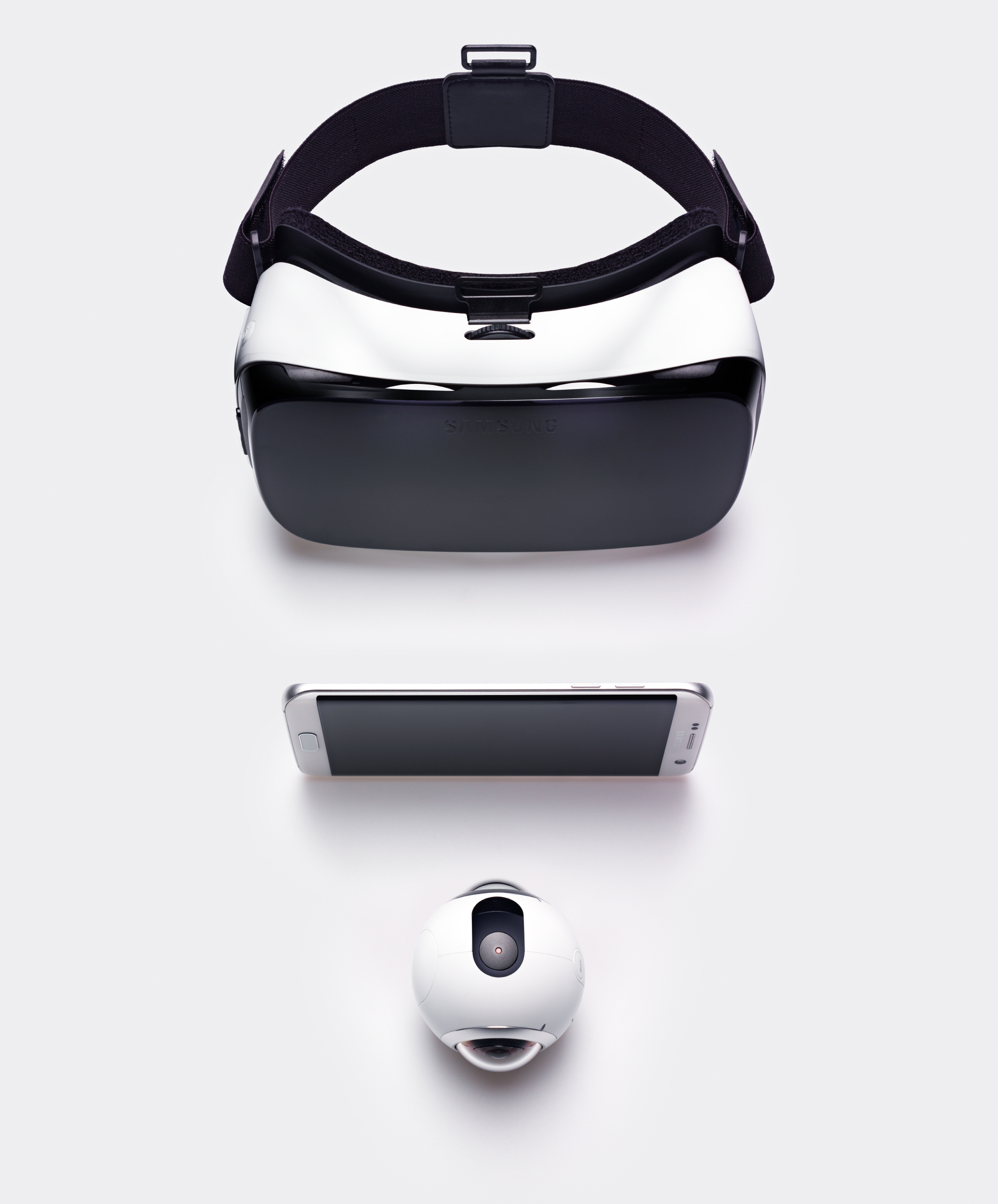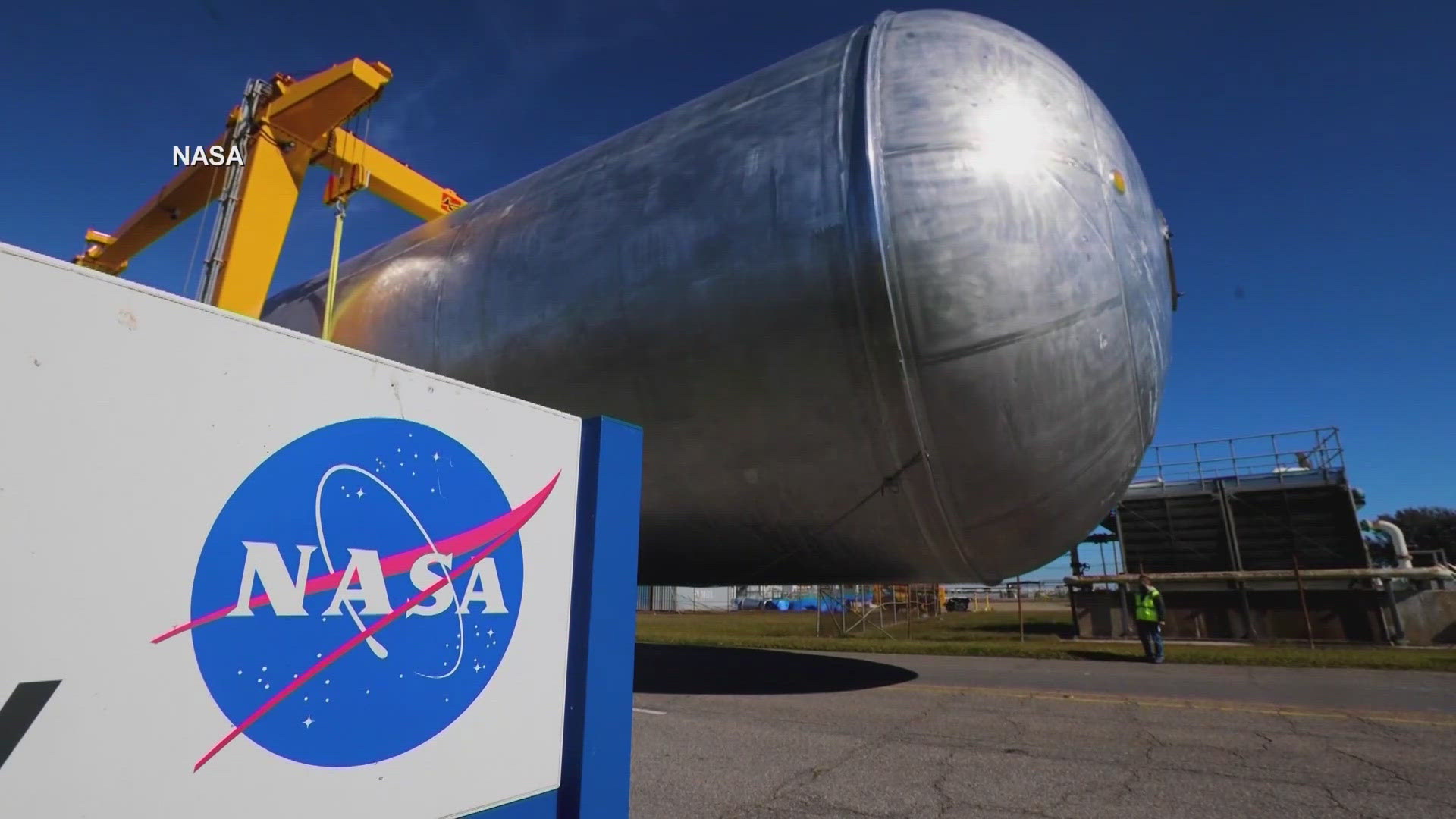![636020424521563836-gear.jpeg [image : 86156974]](http://www.gannett-cdn.com/media/2016/06/20/USATODAY/USATODAY/636020424521563836-gear.jpeg)
SAN FRANCISCO – Samsung is making a push to grow the virtual reality content ecosystem by launching a VR-short competition and opening filmmaker labs in New York and Los Angeles.
The South Korean smartphone and Gear VR headset maker rolls out its new Samsung Creators initiative at VidCon 2016, the online video creators conference taking place in Anaheim, June 23-25.
Samsung plans to offer VidCon attendees, who typically include many YouTube stars, a range of VR filmmaking seminars as well as the option of buying a not-yet-in-U.S. Gear 360 VR camera for $350.
In July, Samsung Creators will kick off a competition for the best VR short videos in 10 categories ranging from autos to food. Winners in each category will receive cash prizes and an invitation to master classes at the company’s new VR-focused labs.
![Google unveils Daydream platform for VR [oembed : 86156992] [oembed : 86156992] [oembed : 86156992] [oembed : 86156992] [oembed : 86156992] [oembed : 86156992] [oembed : 86156992] [oembed : 86156992]](/Portals/_default/Skins/PrestoLegacy/CommonCss/images/smartembed.png)
Samsung also plans to open up its Samsung VR platform (formerly known as Samsung Milk VR) to amateur 360-degree videos. Such content can be viewed either on Oculus Rift or via the smartphone-based Samsung Gear VR headset.
“We’re investing a lot in this space because we believe it’s a new medium for communication, creativity and even compassion,” Marc Mathieu, chief marketing officer for Samsung Electronics America, tells USA TODAY. Mathieu announced Samsung Creators at this week's Cannes Lions advertising summit in France.
Mathieu says that by “expanding the ecosystem” to include both a camera and a platform aimed at VR filmmakers, Samsung is aiming to “create benchmark content in VR that really inspires others to do more of the same.”
The democratization of VR videos – which started out largely as the product of high-end companies who could afford such pricey technology – is mushrooming as the cost of VR cameras and viewing systems drop and the quality of smartphone VR experiences improves.
![Virtual reality stampedes into Austin, but quality is patchy [oembed : 86157068] [oembed : 86157068] [oembed : 86157068] [oembed : 86157068] [oembed : 86157068] [oembed : 86157068] [oembed : 86157068] [oembed : 86157068]](/Portals/_default/Skins/PrestoLegacy/CommonCss/images/smartembed.png)
At its recently developers conference, Google VR chief Clay Bavor unveiled Daydream, a new platform for VR videos that will be accompanied by new Daydream-spec smartphones from the likes of Samsung and other Android device manufacturers.
In April, Google-owned YouTube began offering users the option of live-streaming 360-degree video in an effort to compete with 2D live streaming options from Facebook and Periscope.
“If we want to create a real adoption of this new medium, its consumption has be more than episodic,” says Mathieu.
Follow USA TODAY reporter Marco della Cava on Twitter: @marcodellacava


